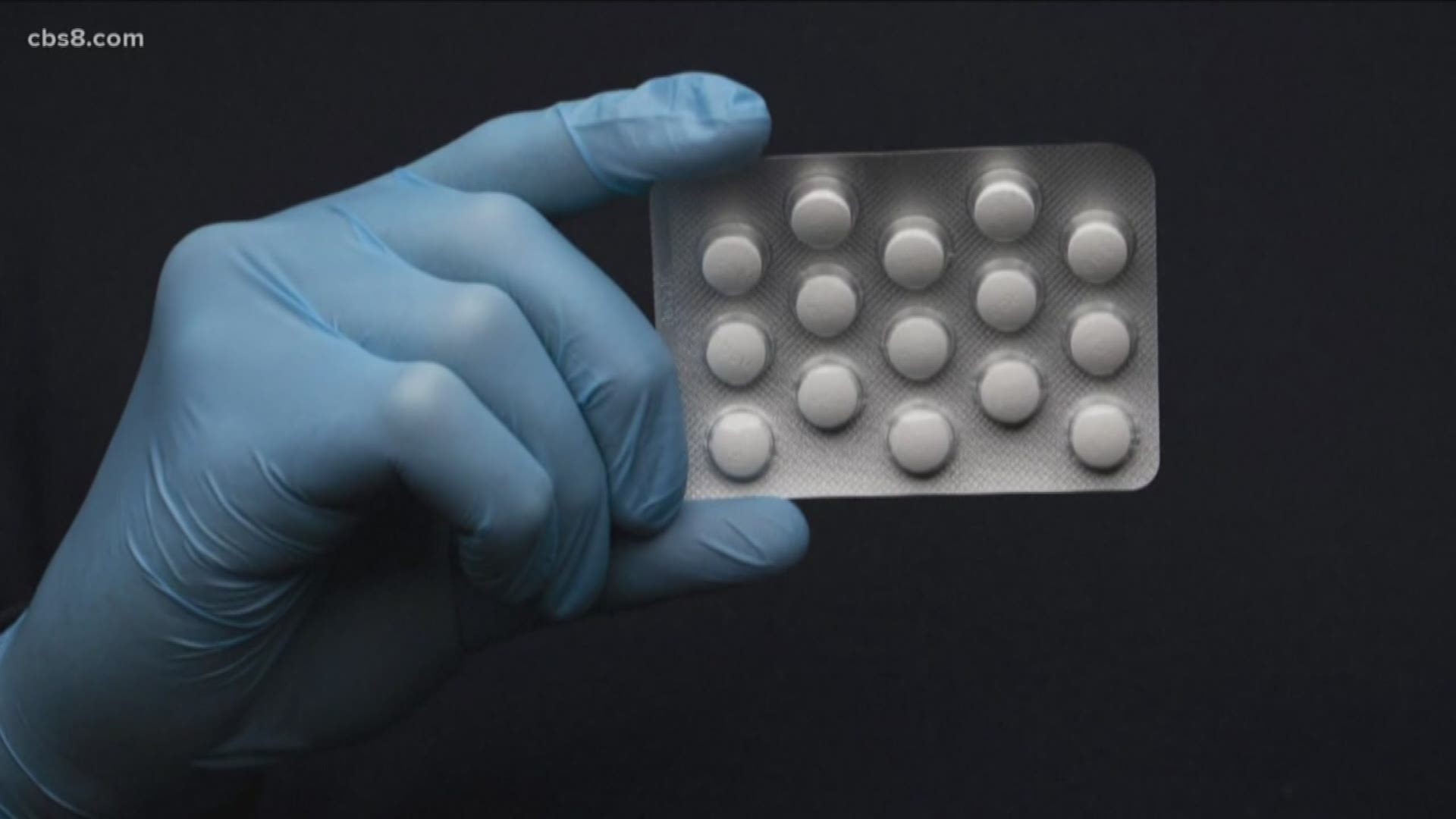SAN DIEGO — Imagine having a chronic illness, but your health provider said they won’t give you the drug you need to control it, even though they have the medication in stock. Several Kaiser Permanente patients said they recently got that message.
Mica Jimenez has lupus. She has been taking the drug hydroxychloroquine for several years. Mica said sometimes when her auto-immune disease flares up, she'll sleep for days. The side effects can be debilitating.
“It's extreme fatigue [and] severe pain of joints. I can get swollen from fluid I'm retaining,” she said.
Mica takes hydroxychloroquine to prevent her disease from flaring up, stopping her immune system from becoming hyperactive and attacking her kidneys and other organs. Much to her surprise, the last time she tried to refill her prescription, Kaiser told her that she can't have the drug.
As President Trump recently announced, hydroxychloroquine has shown promise in patients battling COVID-19 (coronavirus). As a result, Kaiser Permanente sent a notice to several patients that currently take the drug, telling them that they have "placed a temporary freeze on refills."
RELATED: FDA authorizes emergency use of anti-malarial drugs touted by Trump on COVID-19 patients
“It's unfortunate that people in my situation, including myself, are sacrificed - for lack of a better word- for people that could potentially be cured, but maybe not,” Mica said.
News 8 contacted Kaiser Permanente about their policy. A few hours later, they had a change of heart for their lupus patients. Kaiser agreed to fill some, but not all of their prescriptions.
In a statement to News 8, Kaiser Permanente said, "Starting this week, we will provide 14-day refills instead of 90-day refills [...] If we don't take steps to mitigate the shortage, we will face the real possibility of running out of these drugs in the next few weeks."
With a young son at home, Mica has many reasons to be worried about running out of her medication. While leaving her home every two weeks during this time of social distancing isn't ideal for a person with an auto-immune disease, she is glad Kaiser reconsidered their original position.

